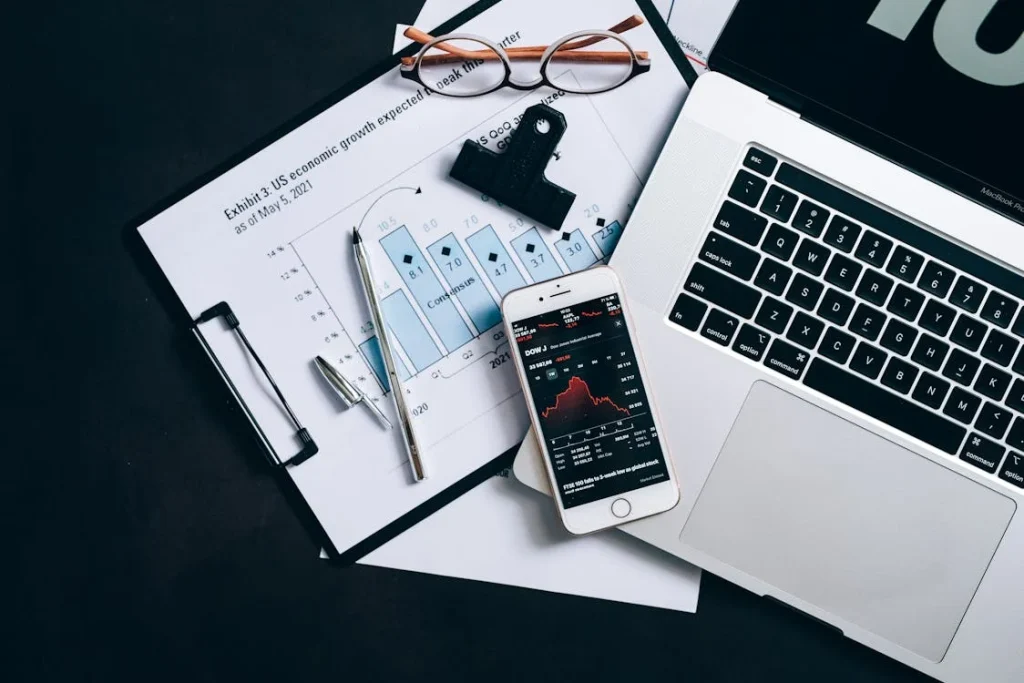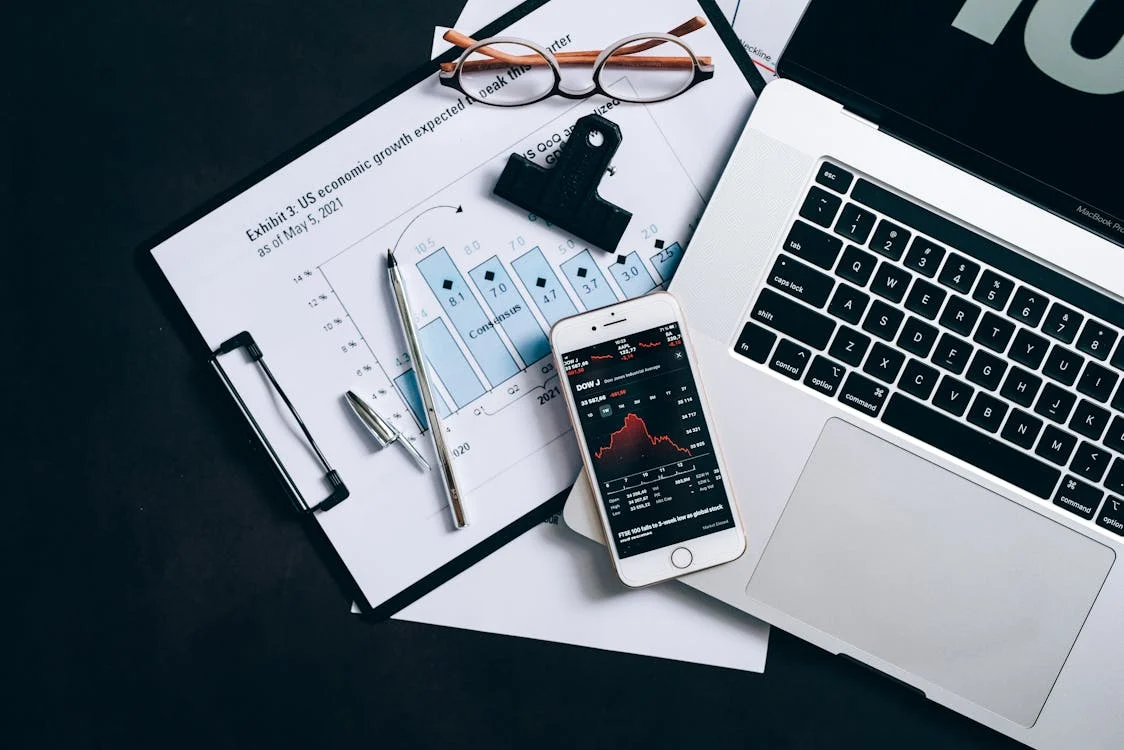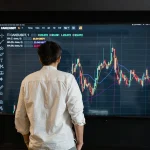The foreign exchange market, commonly known as Forex or FX, is the largest and most liquid financial market in the world. Every day, traders exchange trillions of dollars’ worth of currencies, making Forex a crucial part of global commerce and investment.
In this article, we will explore how the Forex market works, who participates, and why it could be an exciting opportunity for traders at all levels.

Forex Market
What is the Forex Market?
The Forex market is a decentralized global marketplace where all the world’s currencies are traded. Unlike stock markets, Forex does not operate through a centralized exchange. Instead, it is an over-the-counter (OTC) market where trading occurs directly between participants, 24 hours a day, five days a week.
Forex trading involves buying one currency while simultaneously selling another. Currencies are traded in pairs, such as EUR/USD (Euro/US Dollar) or GBP/JPY (British Pound/Japanese Yen).
Why is the Forex Market Important?
-
Liquidity:
Forex is the most liquid market in the world, ensuring that trades can be executed quickly and easily without drastic price changes. -
Accessibility:
Anyone with an internet connection can participate. The low barrier to entry makes it attractive for retail traders and investors. -
Flexibility:
The market operates 24 hours a day, providing flexibility for traders from different time zones around the globe. -
Diverse Opportunities:
With countless currency pairs to trade, Forex offers traders a wide range of opportunities to profit in both rising and falling markets.
Key Participants in the Forex Market
-
Central Banks: Manage national currencies and influence market conditions.
-
Commercial Banks and Financial Institutions: Conduct large volumes of Forex transactions for businesses and clients.
-
Corporations: Engage in Forex trading for international business and risk management.
-
Hedge Funds and Investment Managers: Speculate and invest in currency movements.
-
Retail Traders: Individual investors trading through online platforms.
How Does Forex Trading Work?
Trading Forex involves predicting whether the price of one currency will rise or fall against another. The basic concepts include:
-
Bid/Ask Spread: The difference between the buying price (bid) and the selling price (ask).
-
Leverage: Allows traders to control large positions with a relatively small amount of capital. While leverage can magnify gains, it can also increase losses.
-
Pips: The smallest price movement in a currency pair, often used to measure price changes.
Example:
If you believe the Euro will strengthen against the US Dollar, you would buy the EUR/USD pair. If the Euro rises in value, you make a profit; if it falls, you incur a loss.
Risks of Forex Trading
While Forex offers exciting opportunities, it is important to understand the associated risks:
-
High Volatility: Currency prices can be unpredictable.
-
Leverage Risk: Using high leverage can amplify losses as well as gains.
-
Emotional Trading: Fear and greed often lead to poor decision-making.
-
Market Complexity: Economic events, geopolitical tensions, and financial news can rapidly change market sentiment.
Risk management strategies, such as stop-loss orders and proper position sizing, are critical to trading success.




